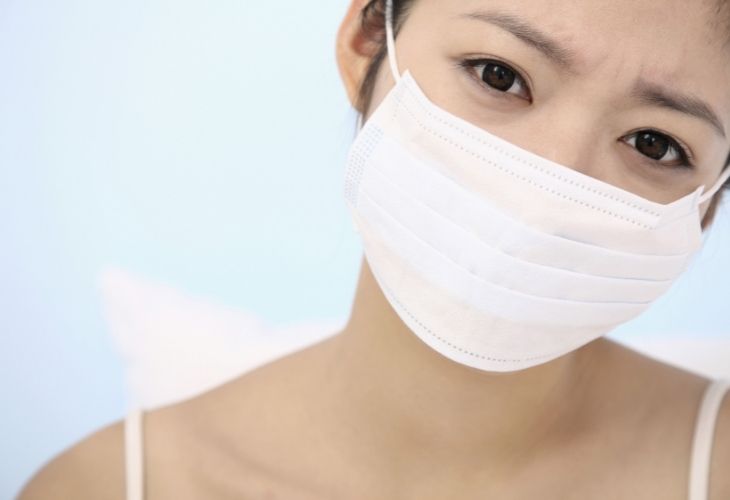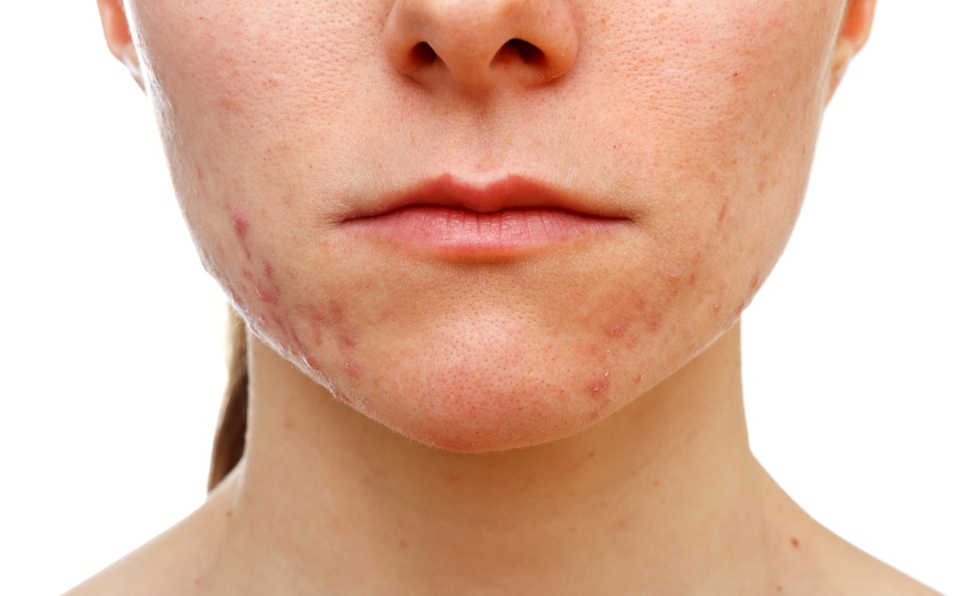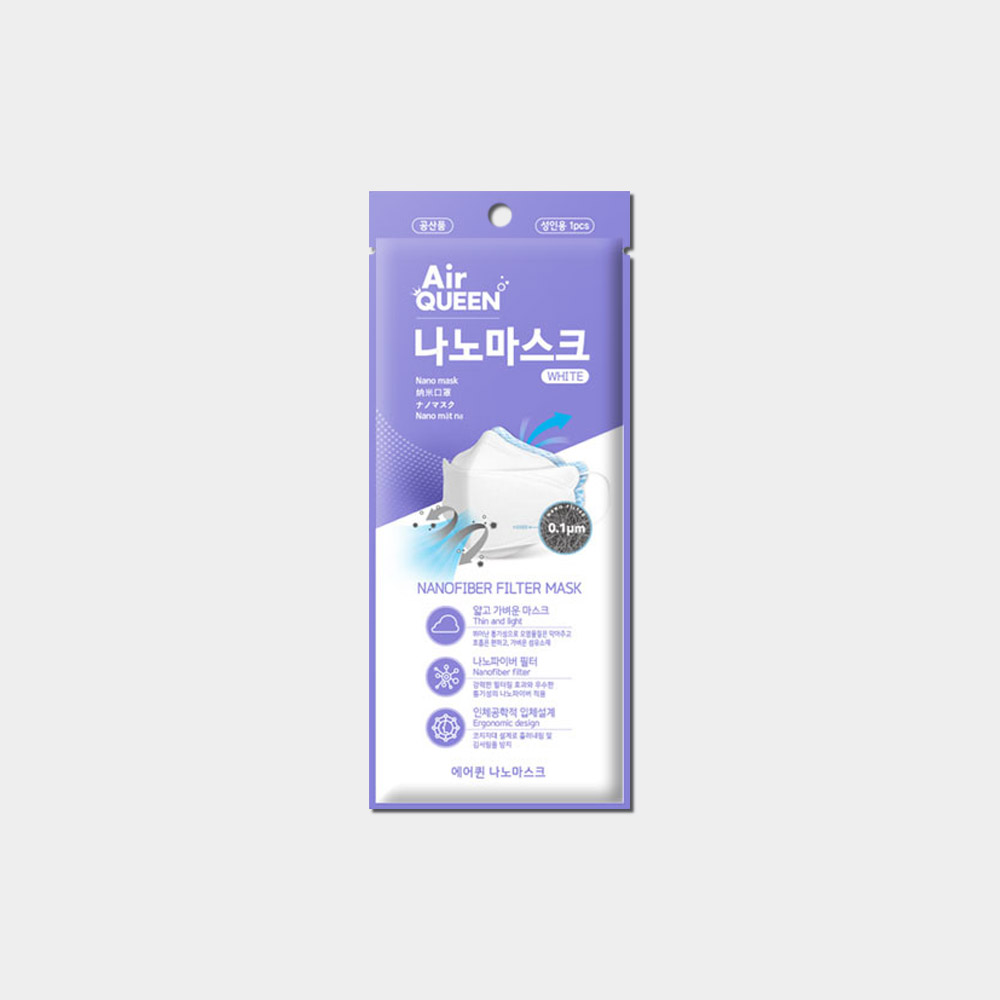As Omicron spread continues, so does mask-wearing. Regardless of a person’s vaccination status, many cities are requiring or recommending masks indoors. Yes, face coverings aren’t going anywhere, and neither is “maskne.”

Fortunately, there are ways to treat these pesky breakouts. Beautytap sat down with board-certified doctors who share their tips for preventing and banishing “maskne.”
Friction Foes
At some point in time, everyone has had a friction-related skin problem. Be it blisters from ill-fitting shoes or irritated skin from a T-shirt tag, the painful results can cause discomfort and even potential scarring. For some doctors who routinely wore masks for short periods of time while treating patients or caring for others before COVID-19, the all-day mask has become part of their uniform.
Wearing an N95 respirator, surgical mask, or even cloth mask for hours on end often results in “irritant dermatitis or acne mechanica” according to Dr. Tess Mauricio, board-certified dermatologist. Even Mauricio herself has experienced the unpleasant signs of mask-induced skin irritation. “Humidity, friction, and lack of oxygen compromise the skin’s barrier function, resulting in whiteheads, blackheads, and clogs,” she explained. For those individuals with cystic acne, eczema, or rosacea, masks only exacerbate the problem.
Dr. Kay Durairaj, a board-certified facial cosmetic surgeon, reports that the number of patients seeking her help because of acne as a result of wearing masks is at an all-time high. “You’d think that the humidity trapped beneath the mask would have a hydrating effect, but it doesn’t. The skin is actually more dehydrated,” she says, “plus people aren’t drinking enough water because they’re keeping their masks on throughout the day.” She’s also seen an influx of patients with periorbital dermatitis, which looks like acne but is actually a rash.

Skin Healers
When skin is already stressed, switching to a low pH cleanser or one with mild exfoliating properties can prevent pores from clogging. Dr. Mauricio recommends that individuals use a non-stripping face wash with salicylic or glycolic acid to gently exfoliate the skin but only once a day. “My advice to many patients right now,” she says, “is to get back to basics and don’t try to compensate at day’s end by overwashing.” In other words, less is more.
Restoring the skin’s natural barrier function is also key, so use a moisturizer that is designed for your specific skin type. Products containing sodium hyaluronate (hyaluronic acid) and ceramides help the skin retain moisture and fight irritation. For spot treating, she suggests applying hydrocolloid patches over open break-outs to protect them from further irritation. These dots help to absorb moisture and flatten the blemishes.

Mask Care Matters
Proper care of masks is also essential to prevent “maskne.” Durairaj says it’s imperative to frequently wash masks with an unscented soap and allow them to air dry instead of leaving them in your car or handbag. It’s an extra step in your nightly routine but wearing a damp or dirty mask day after day will only make matters worse.
As far as fabrics, Durairaj suggests looking for masks made with cotton or even silk, given they are gentler on the skin. And ensure your mask fits properly. “If you’re adjusting an ill-fitting mask throughout the day that just leads to more friction, which is exactly what we want to avoid here,” says Mauricio.
Don’t forget to wash or sanitize your hands before donning or adjusting your face covering as the more you touch your mask the higher the risk of contamination. And when it comes to disposable surgical masks, they're designed to be used only once, not multiple times. Best to keep a stash in your pockets, purse or car.
Loading...